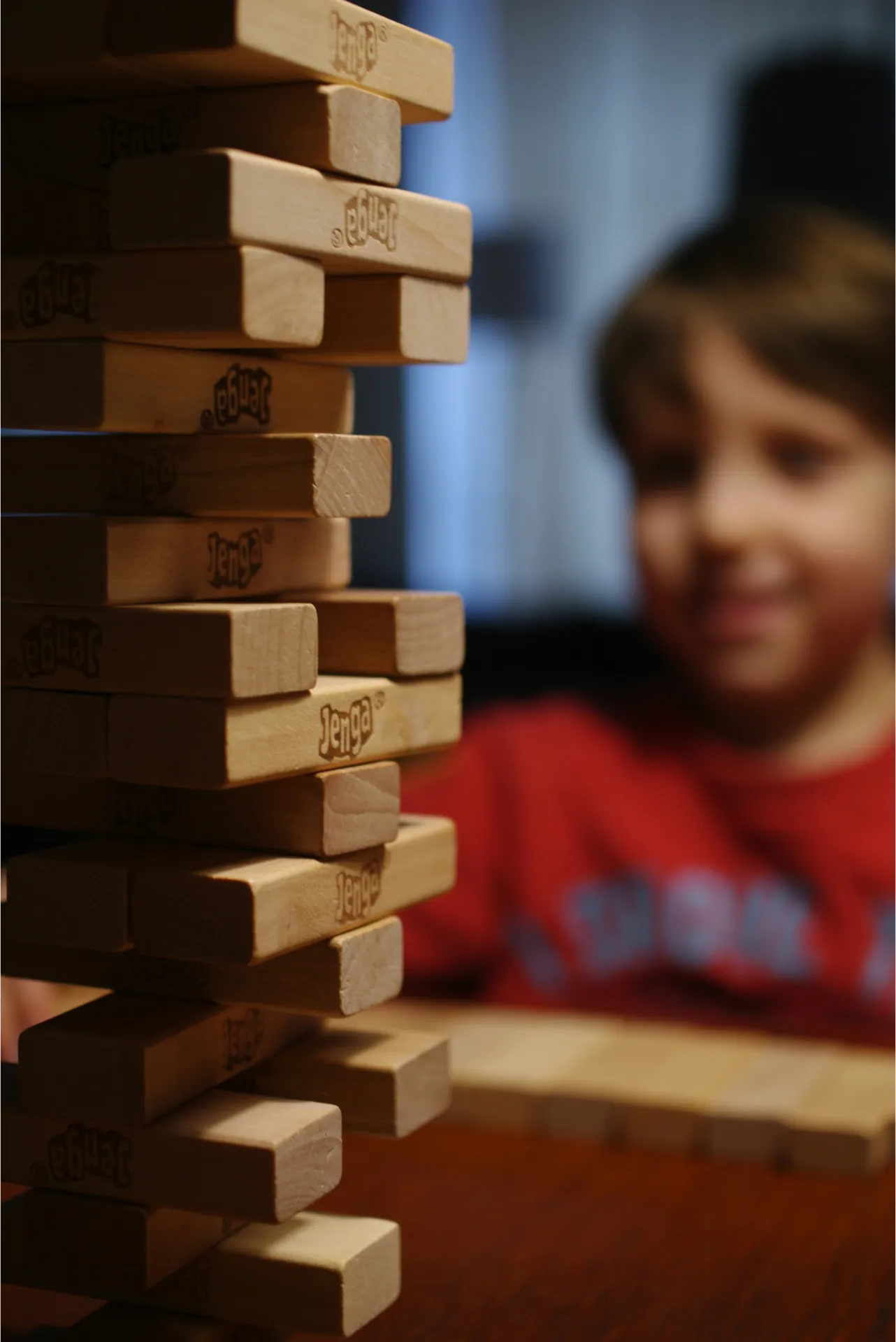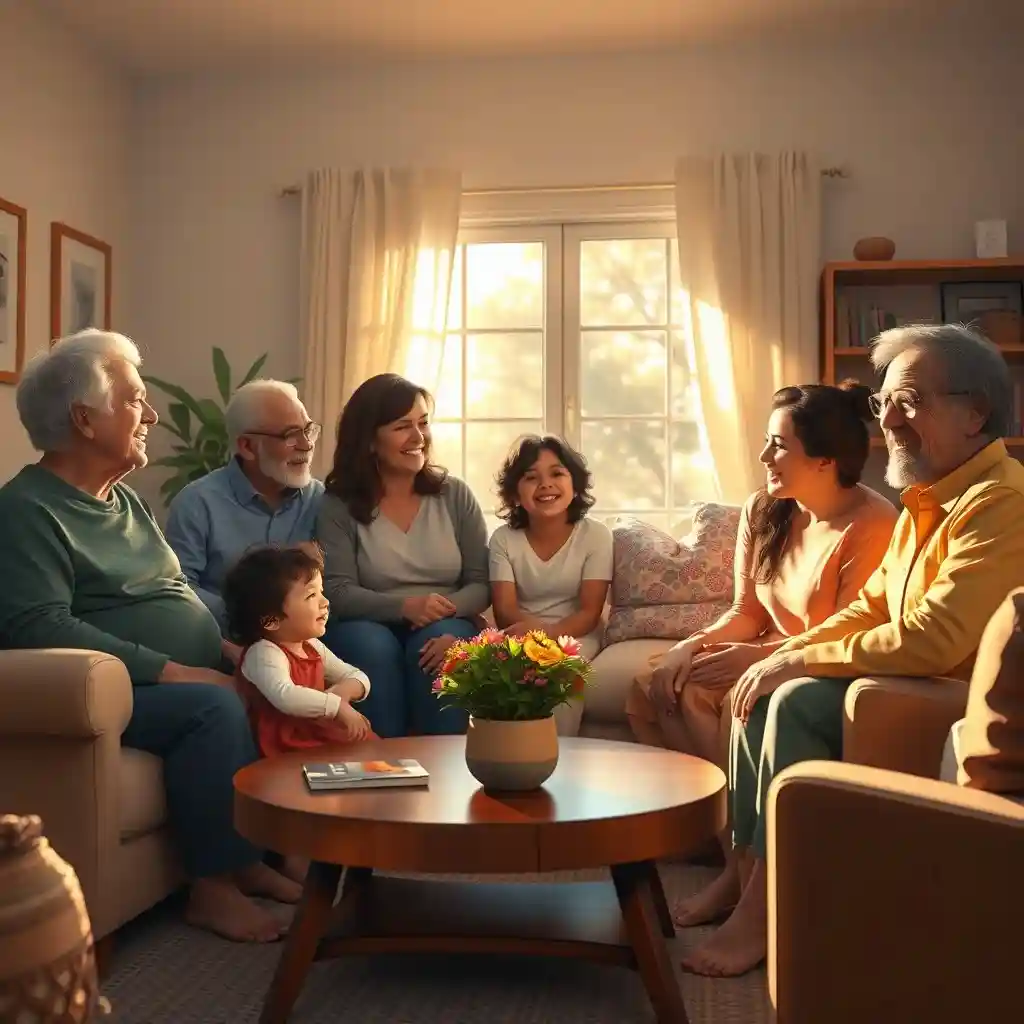
The Family’s Role in Individual Development
Families are the first environment a child experiences. They provide the foundation for emotional, social, and cognitive growth. From learning basic social skills to developing a sense of self, family interactions shape a child’s trajectory. Managing family conflict
Emotional and Social Development
Families play a vital role in emotional and social development. They teach children how to manage emotions, build relationships, and navigate social situations. Through interactions with family members, children learn empathy, communication skills, and conflict resolution. These skills are essential for building healthy relationships outside the family unit. A strong family foundation provides children with the emotional security they need to thrive in the world.
Cognitive Development and Learning
Families also contribute to cognitive development and learning. Parents and caregivers provide stimulation, encouragement, and opportunities for exploration, which support brain development and learning. Research has shown that reading to children, engaging in conversations, and providing access to educational resources are just some of the ways families can foster cognitive growth. A supportive family environment can instill a love of learning and a strong foundation for academic success.
Find A Therapist That Specializes In Family Issues
Our therapists at Integrative Family Counseling understand the complexities of family dynamics and can help your family navigate challenges, improve communication, and build stronger relationships.

Nedra Everett
I am a Licensed Clinical Social Worker with expertise working with diverse populations. My background encompasses a wide range of areas including trauma, crisis intervention, depression, anxiety, anger management, parent coaching, grief and bereavement and relationship interventions.
View Nedra's Profile
Precious Bradley
I bring a unique approach to my clinical work, empathizing with vulnerability as a key aspect, complemented by a strong sense of empathy and curiosity. I have a deep passion for the therapeutic process and a firm believer in the transformative power of change. I have spent years working with folks who are struggling with many different mental health issues.
View Precious's Profile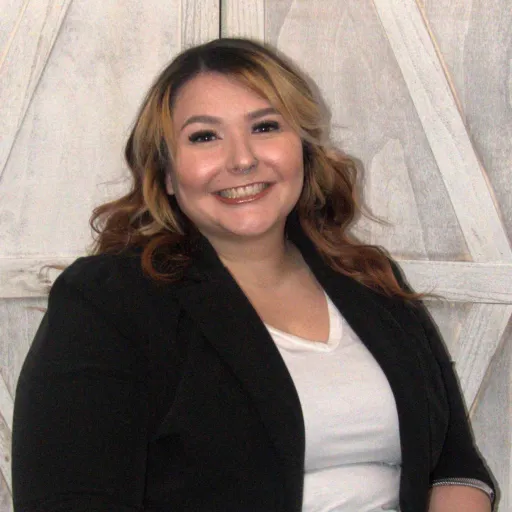
Ashely Hartell
I believe that every person should talk with a therapist at least once in their lifetime. Everyone deserves to have a neutral party to listen to their stressor, and to help them develop healthy ways to cope.
View Ashely's Profile
Muhammad Noman Ahmed
Muhammad Noman Ahmed is a dedicated mental health therapist with a passion for helping individuals navigate life's challenges. Having transitioned from the corporate world to pursue his calling, his mission is to provide compassionate and effective therapeutic support to individuals, couples, families, and the LGBTQ community.
View Muhammad's Profile
Melissa Goosmann
I strive to create an accepting environment for my clients while providing the skills needed to achieve meaningful change. I believe in evidenced-based and collaborative work cultivated by a trusting therapeutic relationship.
View Melissa's ProfileThe Family’s Influence on Relationships
Families influence our understanding of relationships and shape our expectations for intimate connections. The dynamics within our family of origin often serve as a blueprint for future relationships. Healthy family relationships can model effective communication, conflict resolution, and mutual respect. These skills are essential for building and maintaining strong, healthy relationships throughout life.
Romantic Relationships and Partnerships
The family’s influence extends to romantic relationships and partnerships. Our experiences within our family can shape our attachment styles, influencing how we connect with romantic partners. Understanding these patterns can help individuals make healthier relationship choices and build more fulfilling partnerships. Therapy can be valuable in exploring these patterns and developing healthier relationship dynamics.
Parent-Child Relationships
Parent-child relationships are among the most significant relationships in our lives. These relationships evolve over time, from infancy to adulthood. Handling parental stress
The Family’s Impact on Society
Families are not only essential for individual development but also play a crucial role in shaping society. They are the primary unit of socialization, transmitting cultural values, beliefs, and traditions from one generation to the next. Families contribute to the well-being of communities and society as a whole.
Cultural Transmission and Values
Families are the primary agents of cultural transmission. They teach children about their cultural heritage, including language, customs, and traditions. Family therapy activities
Community Involvement and Engagement
Families often play an active role in their communities. They may participate in local organizations, volunteer their time, and contribute to community development. Strong families contribute to strong communities, creating a sense of belonging and fostering social cohesion. The involvement of families in community life strengthens the social fabric and promotes positive change.
Insurance Coverage Made Simple
We accept most major insurance plans and offer low self-pay rates to ensure quality care is accessible to everyone. Your well-being is our priority, and we're here to help regardless of your financial situation.
FAQ: Common Questions About The Significance of the Family
What makes Integrative Family Counseling stand out?
How can family therapy help my family?
What is the impact of family on child development?
How does family influence our values and beliefs?
What are the different types of family structures?
How can I improve communication within my family?
What are some common challenges families face?
Where can I find family counseling services in Dupage County?
Related Articles
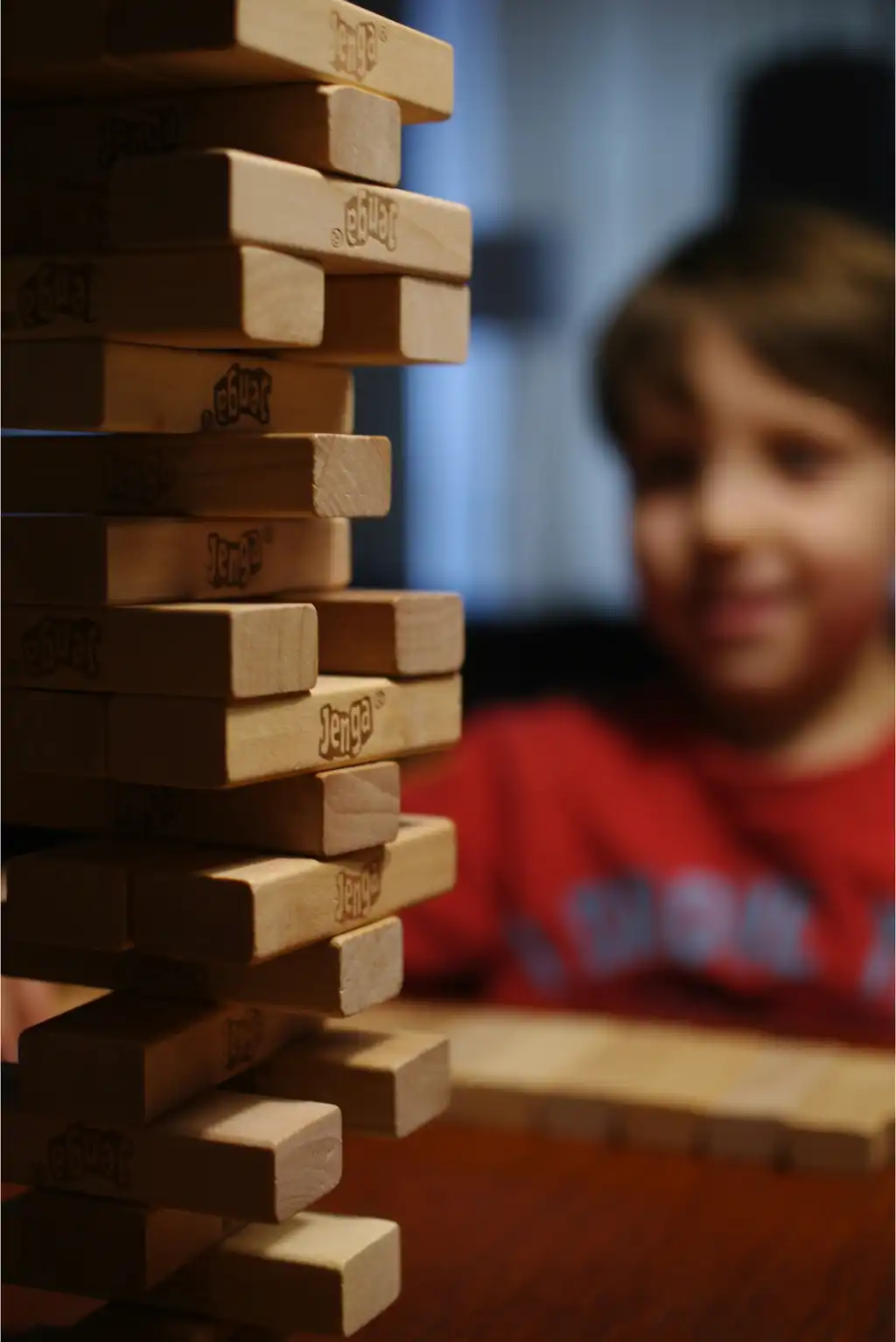
Top Family Reunion Games for 2025: Creating Memories With Fun Activities
Explore a variety of family reunion games for 2025, from easy indoor activities to competitive outdoor games.

Family Therapy Activities: Strengthen Your Bonds
Explore a range of family therapy activities that boost communication, build trust, and encourage understanding among family members. These activities can help families overcome challenges and strengthen their connections.
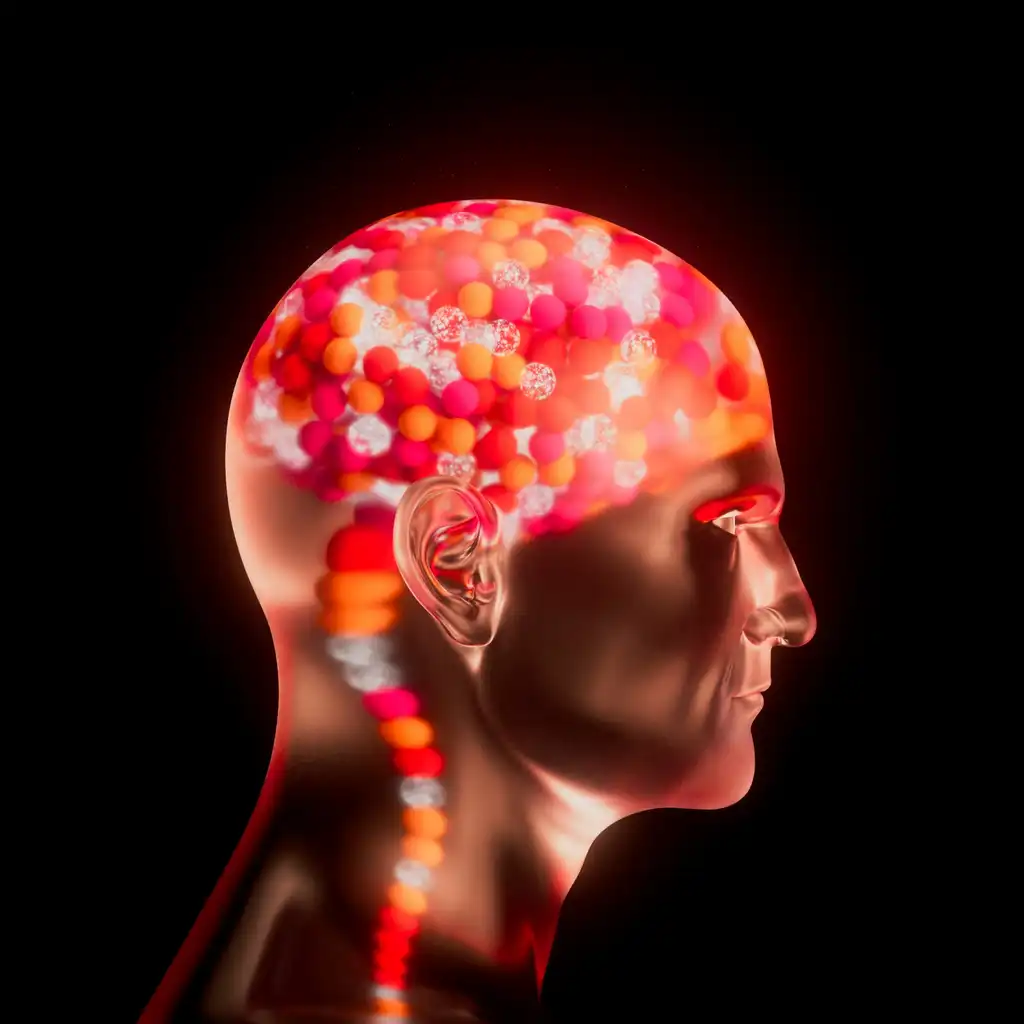
I Don't Know How To Be Angry: Understanding and Managing Your Emotions
Struggling with anger? Learn how to express anger in healthy ways and gain control of your emotions through effective anger management strategies.
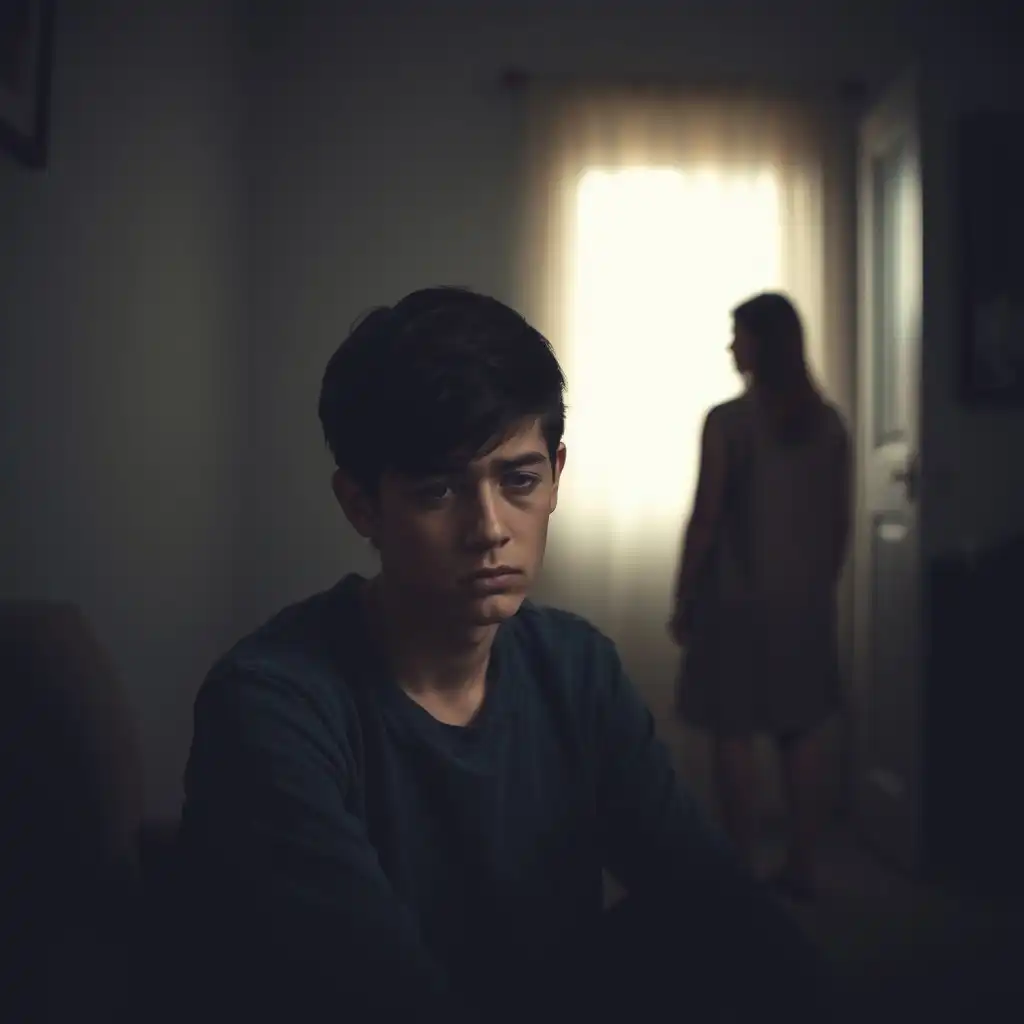
Why Does My Mother Abuse Me? Navigating Issues with Your Mom
Exploring the complex reasons behind maternal abuse. Integrative Family Counseling in Dupage County, IL provides therapy and support for individuals impacted by this difficult situation.


